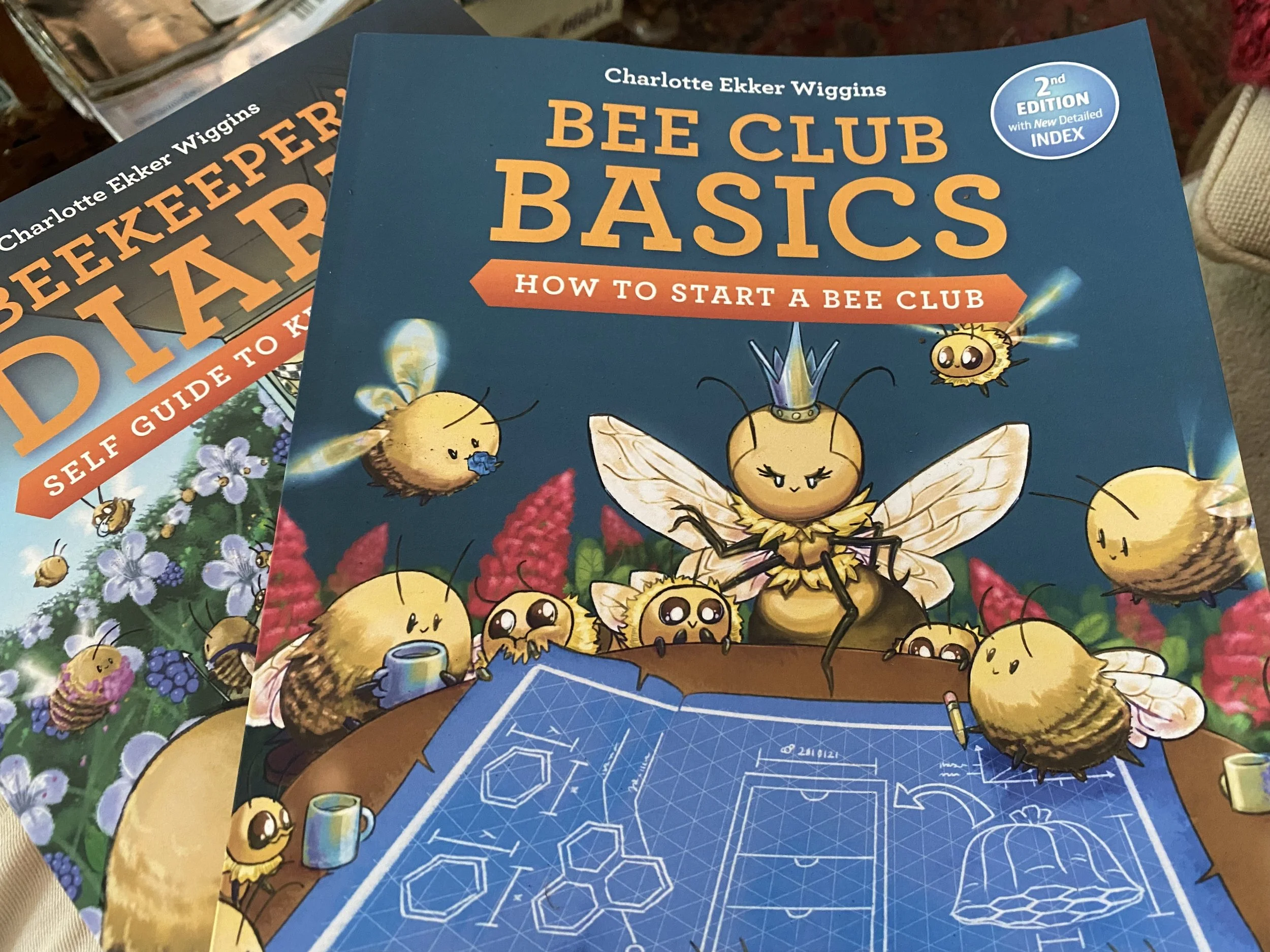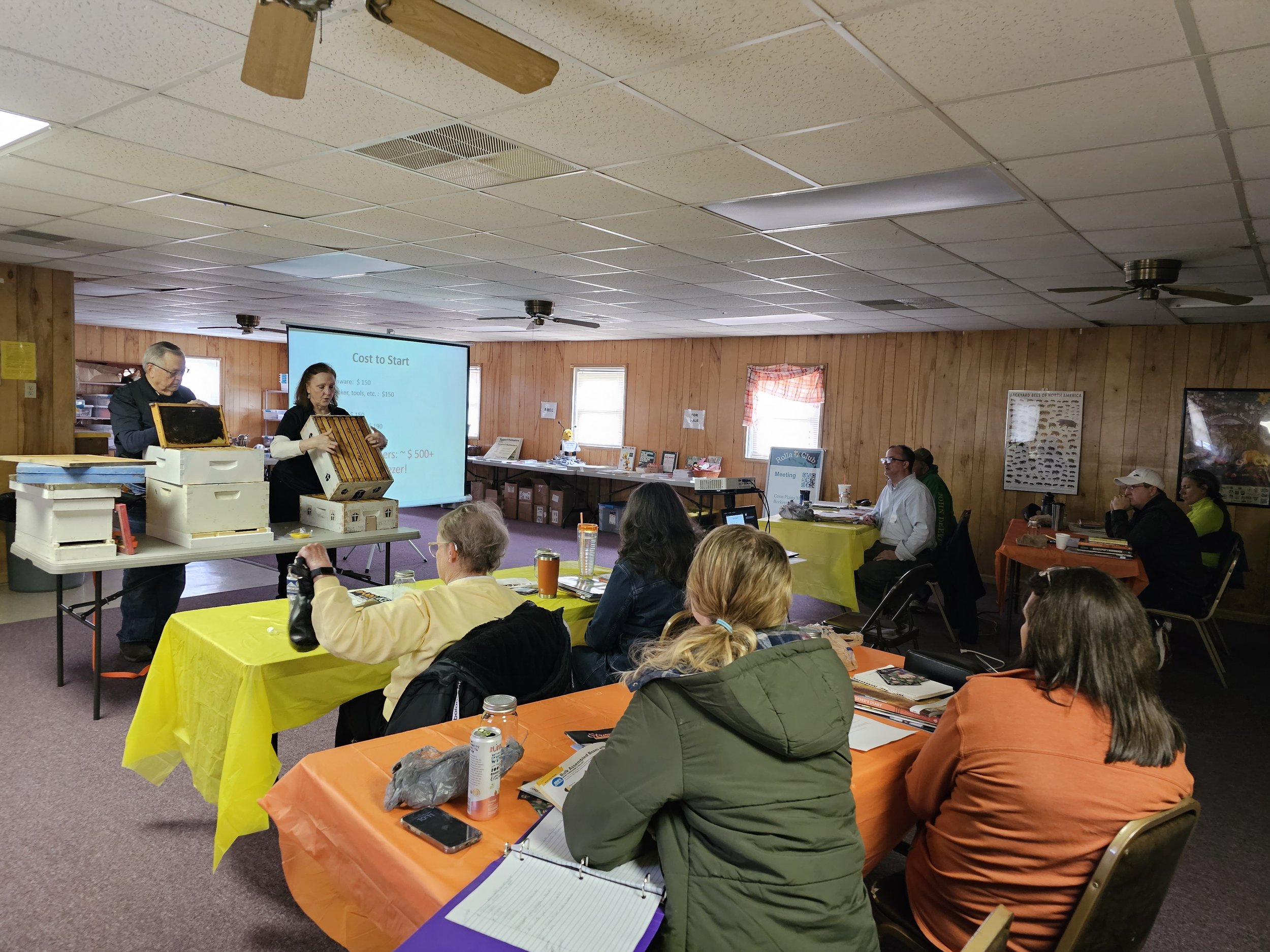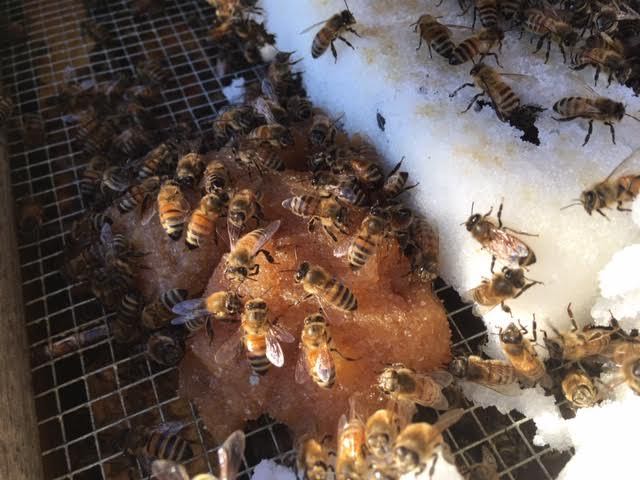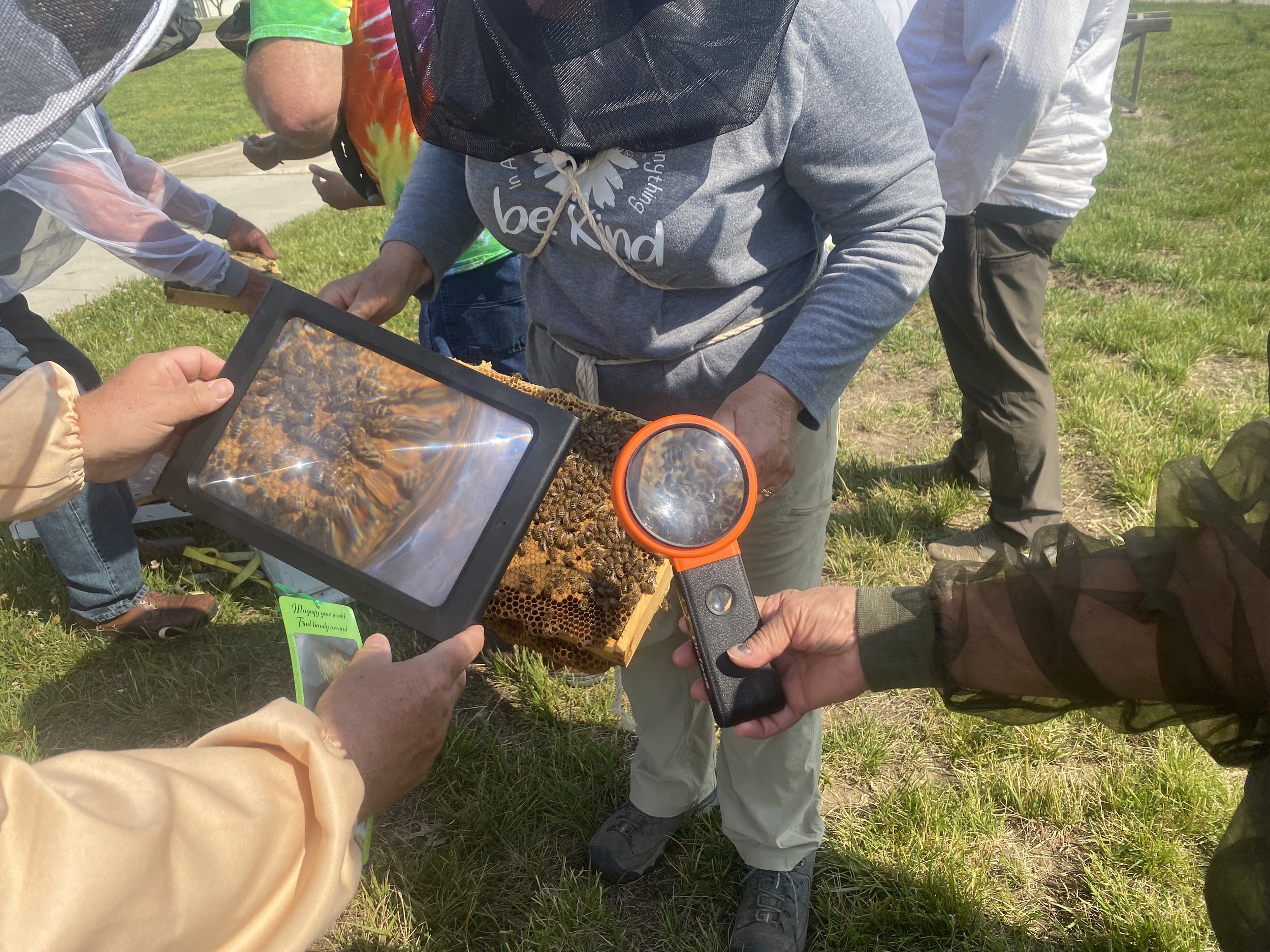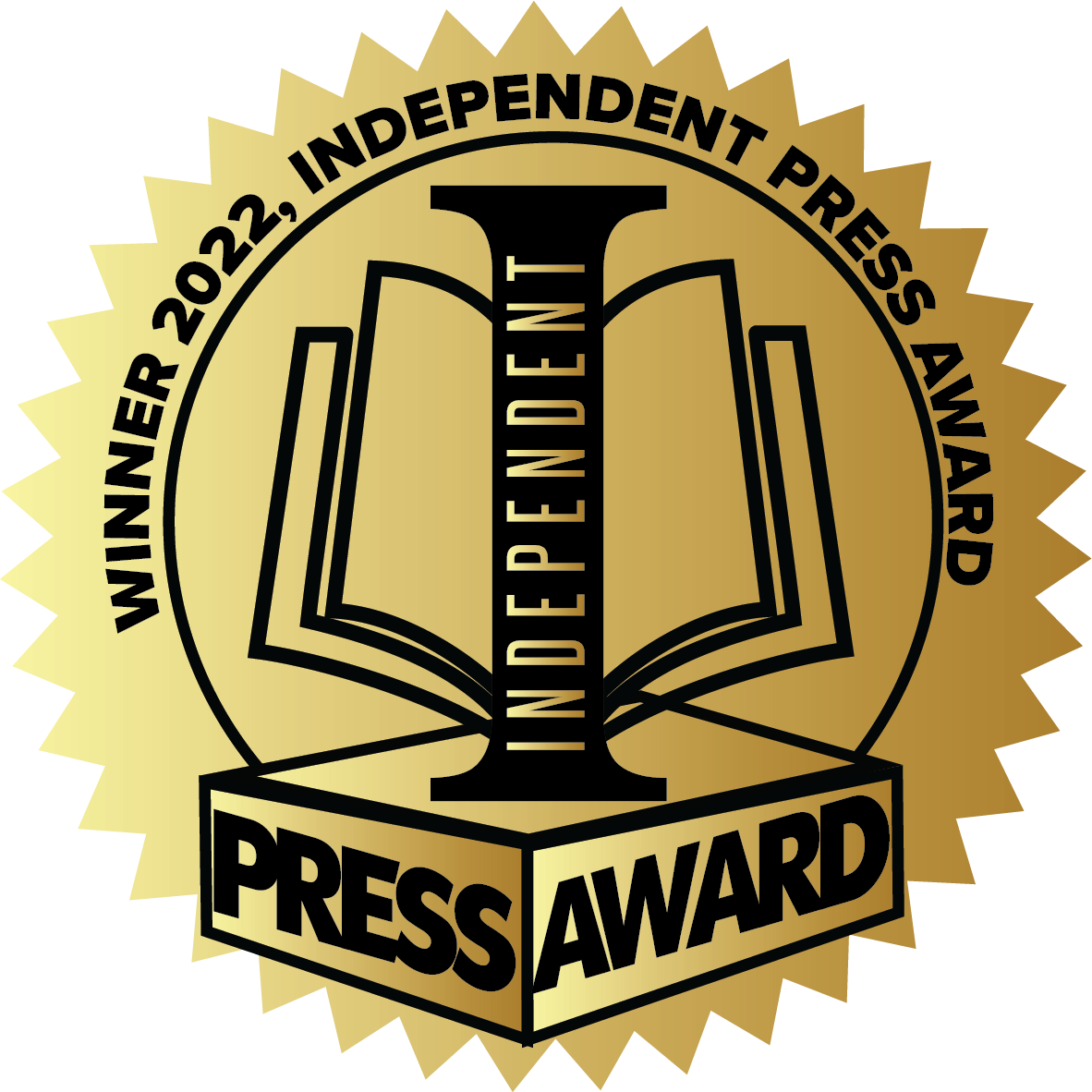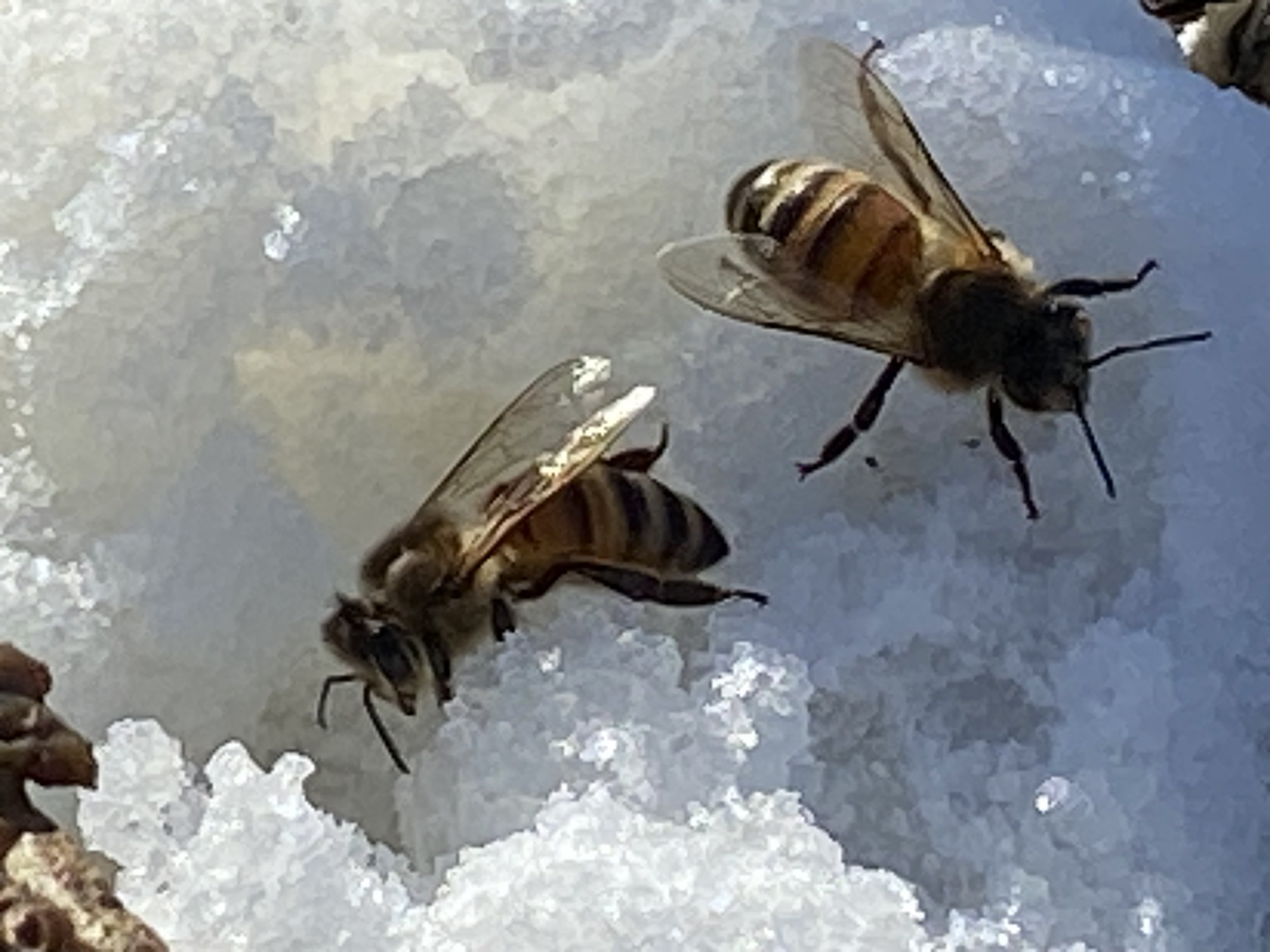Bee Club Basics 2nd Edition
/Second reference book in a three-set series is out. (Charlotte Ekker Wiggins photo)
Bee Club Basics 2nd Edition
The second edition of “Bee Club Basics, How to Start a Bee Club” is now out. It’s a helpful guide for those who want to start an educational non-profit. It will also come in handy for those wanting to re-invigorate their current bee clubs. The COVID 19 pandemic has made us all multi-functional so we can meet online or safely in person.
To be successful beekeepers, it’s helpful to have a supportive community. Having a bee club that invites beekeepers to meet, share information and lend a helpful hand is critical to the success of a beekeeping community.
In particular rural areas of the country, where internet service is not reliable, there are still some basic meeting principles that work in bringing people together.
Have you willed the coffee to finish like the rest of us? (Charlotte Ekker Wiggins photo)
I founded a bee club where I live in 2014 at the request of my beginning beekeeping class students. The forms I used to start this club including a club charter, then club by laws and other samples in between, are included in this book for easy reference. They are all collected in the back section for easy access and copying.
i also asked Michele Colopy, LEAD for Pollinators, a non-profit offering beekeeping organizations management advice, to review this edition.
And should you like to see the advice in action, you’re welcome to our club meetings. We put into practice the advice in “Bee Club Basics 2nd Edition” and use the enclosed samples ourselves.
I’ve established a dozen nonprofits since 1979. I know how challenging it can be for a new person to tackle the process. This book makes it more manageable and offers tips from someone who has some experience navigating non-profits. If you have any questions, feel free to contact me with your questions.
This 286-page paperback joins “A Beekeeper’s Diary, Self-Guide to Keep Bees 2nd Edition” as part of a three volume reference series I’m writing. Currently there are no other reference books like mine on the market. Kim Flotum, Bee Culture magazines retired senior editor last year, said I was “revolutionizing the way beekeeping was taught.”
All I am trying to do is to help other fellow beekeepers.

